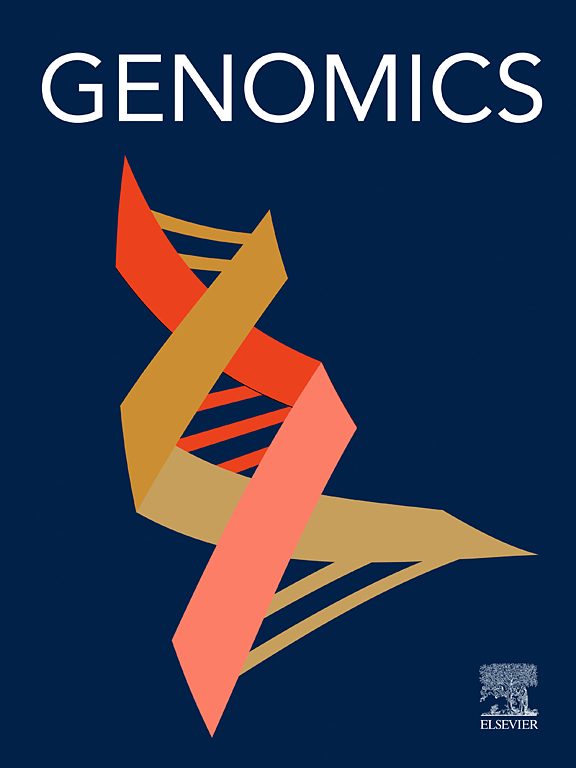Transcriptome analysis reveals molecular mechanisms for salt tolerance in wheat (Triticum aestivum L.)
IF 3
2区 生物学
Q2 BIOTECHNOLOGY & APPLIED MICROBIOLOGY
引用次数: 0
Abstract
Soil salinity is a crucial abiotic stressor with substantial impacts on the growth and yield of wheat (Triticum aestivum L.). Thus, exploration of genes related to salinity tolerance is essential for wheat breeding. Here, we treated the seedlings of Bima4 and Xiaoyan22, two wheat varieties with significant differences in salt tolerance, in a greenhouse with 1.0 standard concentration artificial seawater, and collected the samples at six distinct time points (0, 1, 3, 6, 12, and 24 h) after salt stress treatment for temporal transcriptomic analysis. A total of 6688 and 11,842 differentially expressed genes were identified in Bima4 and Xiaoyan22, respectively. Salt-tolerant Xiaoyan22 exhibited more up-regulated genes at 3 and 24 h, while salt-sensitive Bima4 had more up-regulated genes at 6 h. Gene ontology and transcription factor enrichment analyses demonstrated substantial variations in salt tolerance pathways between the two varieties. By integrating the enrichment analysis results, 886 genes related to salt tolerance were identified, providing a foundation for experimental verification and enhancement of wheat salt tolerance. Additionally, 869 and 1095 differential alternative splicing events were detected in Bima4 and Xiaoyan22, respectively, and five salt stress-related genes identified underwent alternative splicing. In summary, this study improves our understanding of the molecular mechanisms underlying salt tolerance in wheat.
小麦(Triticum aestivum L.)耐盐分子机制的转录组分析。
土壤盐分是一种重要的非生物胁迫源,对小麦的生长和产量有重要影响。因此,探索与耐盐性相关的基因对小麦育种至关重要。本研究将两个耐盐性差异显著的小麦品种Bima4和小盐22置于1.0标准浓度的人工海水温室中,在盐胁迫处理后的6个不同时间点(0、1、3、6、12和24 h)采集样品,进行时间转录组学分析。在Bima4和小燕22中分别鉴定出6688个和11842个差异表达基因。耐盐小盐22在3和24 h时表达了更多的上调基因,而盐敏感的Bima4在6 h时表达了更多的上调基因。基因本体和转录因子富集分析表明,两个品种的耐盐途径存在显著差异。综合富集分析结果,鉴定出886个与耐盐性相关的基因,为小麦耐盐性的实验验证和增强提供了基础。此外,在Bima4和小盐22中分别检测到869个和1095个差异选择性剪接事件,鉴定出5个盐胁迫相关基因发生了选择性剪接。总之,本研究提高了我们对小麦耐盐分子机制的认识。
本文章由计算机程序翻译,如有差异,请以英文原文为准。
求助全文
约1分钟内获得全文
求助全文
来源期刊

Genomics
生物-生物工程与应用微生物
CiteScore
9.60
自引率
2.30%
发文量
260
审稿时长
60 days
期刊介绍:
Genomics is a forum for describing the development of genome-scale technologies and their application to all areas of biological investigation.
As a journal that has evolved with the field that carries its name, Genomics focuses on the development and application of cutting-edge methods, addressing fundamental questions with potential interest to a wide audience. Our aim is to publish the highest quality research and to provide authors with rapid, fair and accurate review and publication of manuscripts falling within our scope.
 求助内容:
求助内容: 应助结果提醒方式:
应助结果提醒方式:


